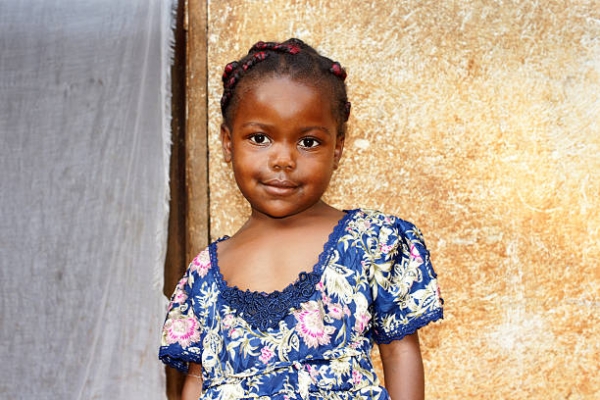Cameroon is experiencing the highest number of humanitarian and protection crises directly affecting the population. However, according to the Norwegian Refugee Council, the country has not received the attention it deserves from the international community, since it is among the most underfunded humanitarian crises worldwide. Advisers of Gender Standby Capacity Project (GenCap), an initiative that supports the capacity of humanitarian actors to undertake gender-equality programming, claim that funding scarcity may indirectly affect the resources and the capabilities for the organization to provide a distinct assistance and protection for gender-based vulnerabilities.
Largely under-reported, GenCap advisers state Cameroon is the second most affected country by the Lake Chad violent crisis, which reversed around 114,000 Nigerian refugees on its territory. Moreover, since 2016 the country is experiencing a sociopolitical crisis that, according to the Norwegian Refugee Council report, has led to the displacement of more than 700,000 people and the killing of over 3,500 civilians. Today, according to the United Nations Office for the Coordination of Humanitarian Affairs (OCHA) report, 3.3 million people need urgent humanitarian aid in Cameroon.
Anyway, given the lack of adequate funding, the protection instruments fail to provide people with the assistance needed. Indeed, according to the OCHA report, the Humanitarian Response Plan proposed by United Nations and non-governmental organization partners to respond to the most urgent humanitarian needs in the country has received only 5% of the US$305 million required. Lack of funding bears implications on the humanitarian organization’s ability to address distinct protection, such as difficulties in hiring dedicated staff on gender issues and in finding resources to conduct gender analysis.
In a condition of funding scarcity and a consequent lack of focus on gender-based issues, the Inter-Agency Standing Committee (IASC) increasingly calls for gender transformative interventions in emergencies. This consists in tackling the root causes of gender inequality and reshaping unequal power relations, creating more gender equitable outcomes.
To learn more, please visit:
Author: Jasmina Saric; Editor: Gianpaolo Mascaro




